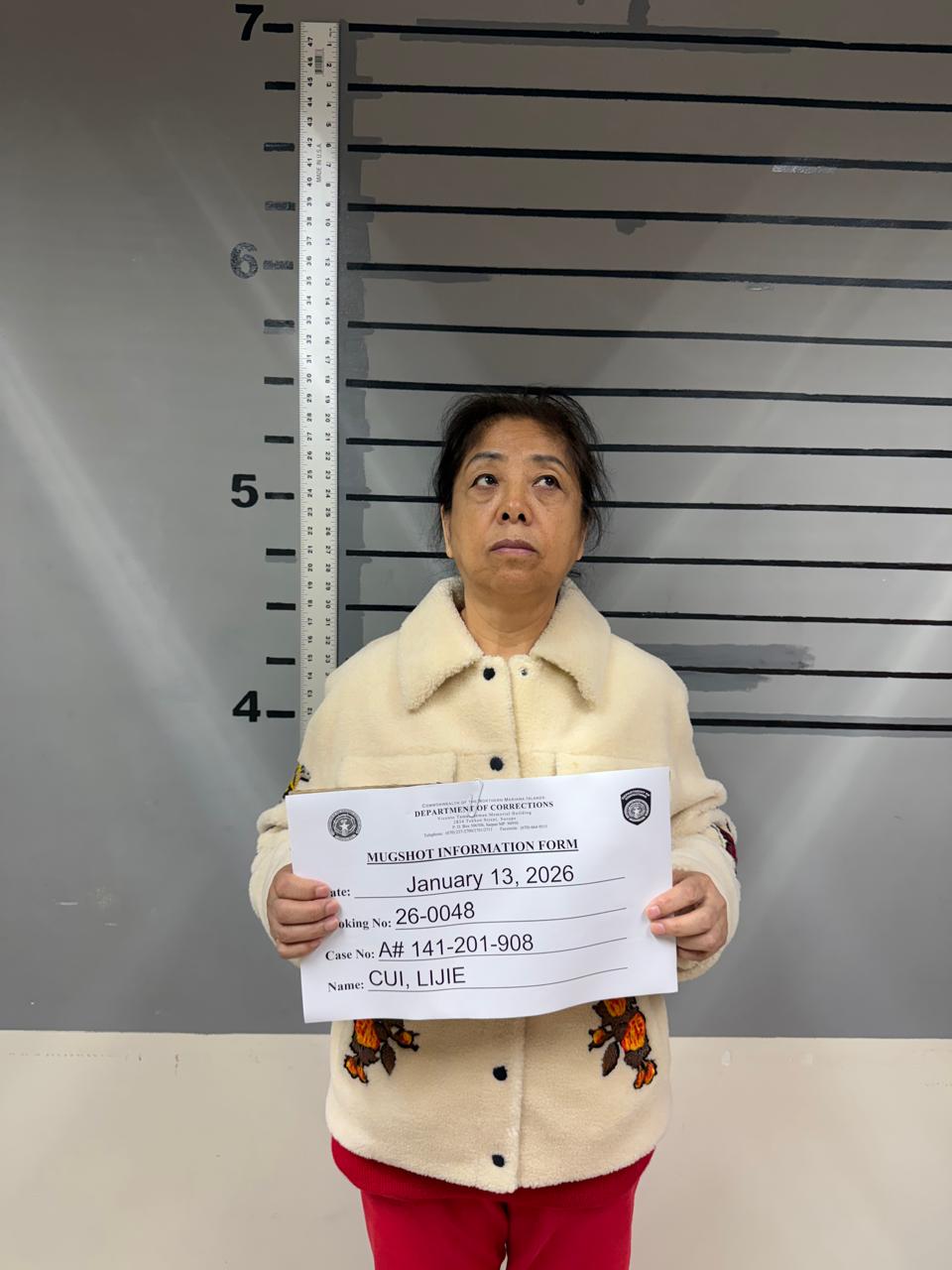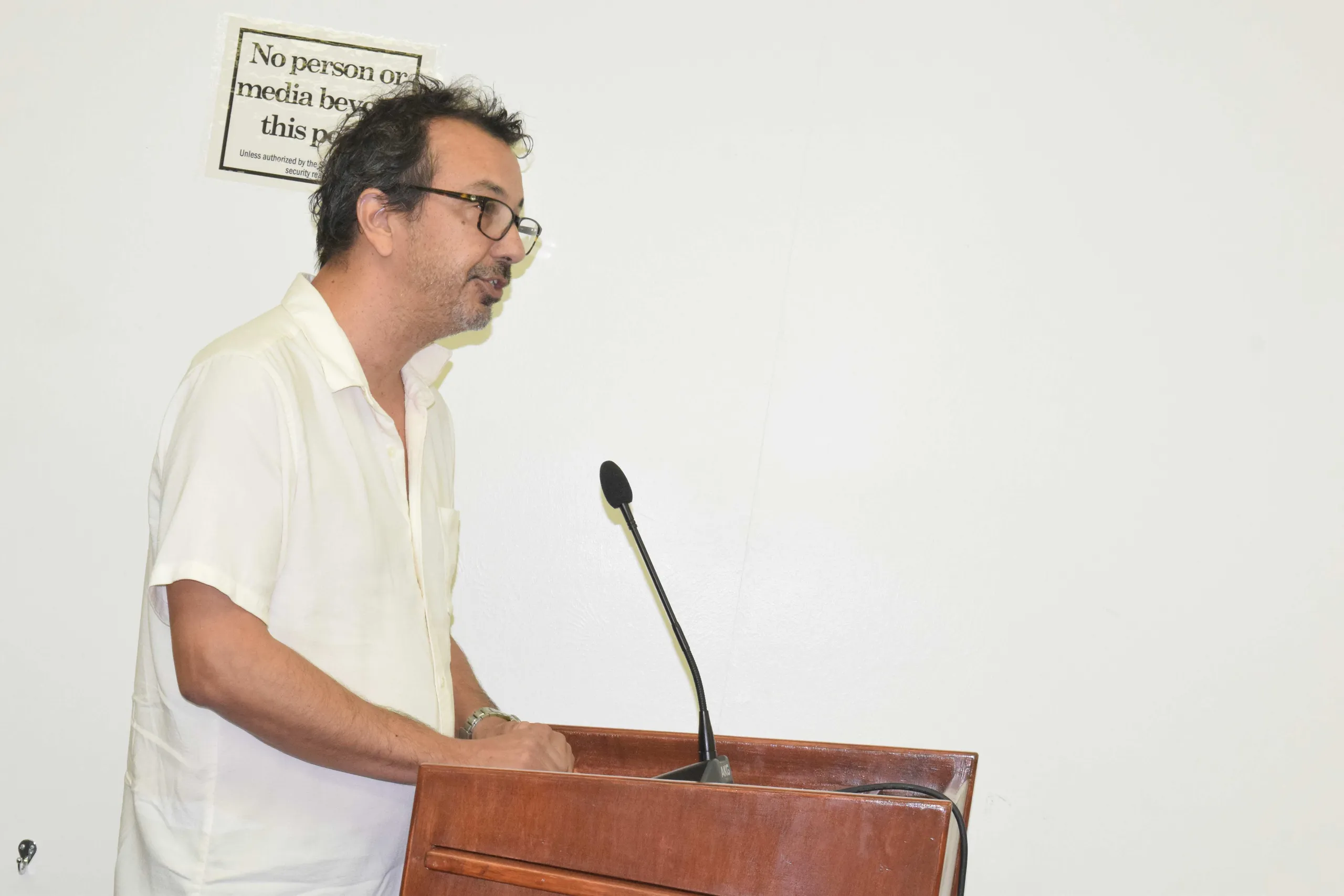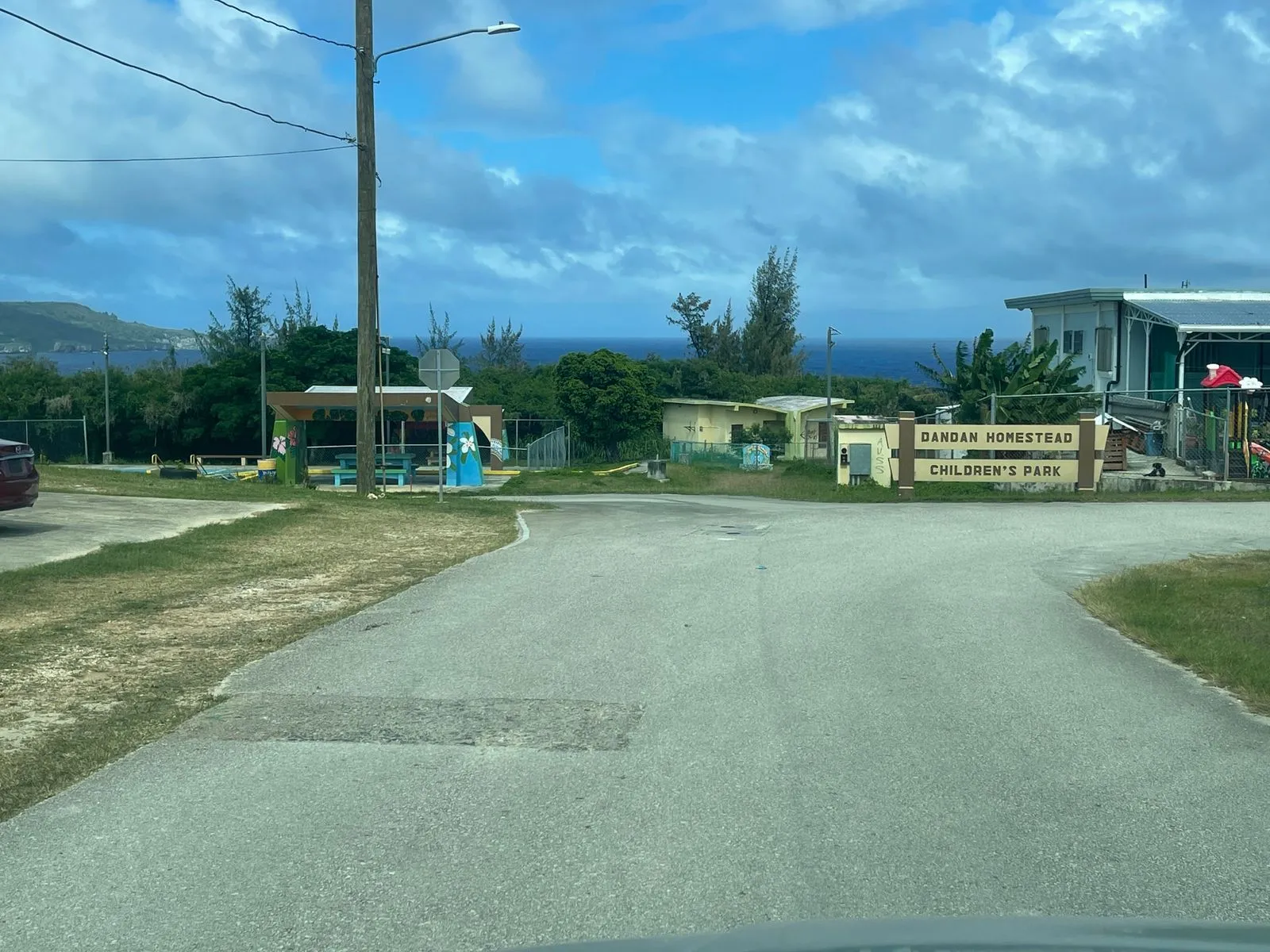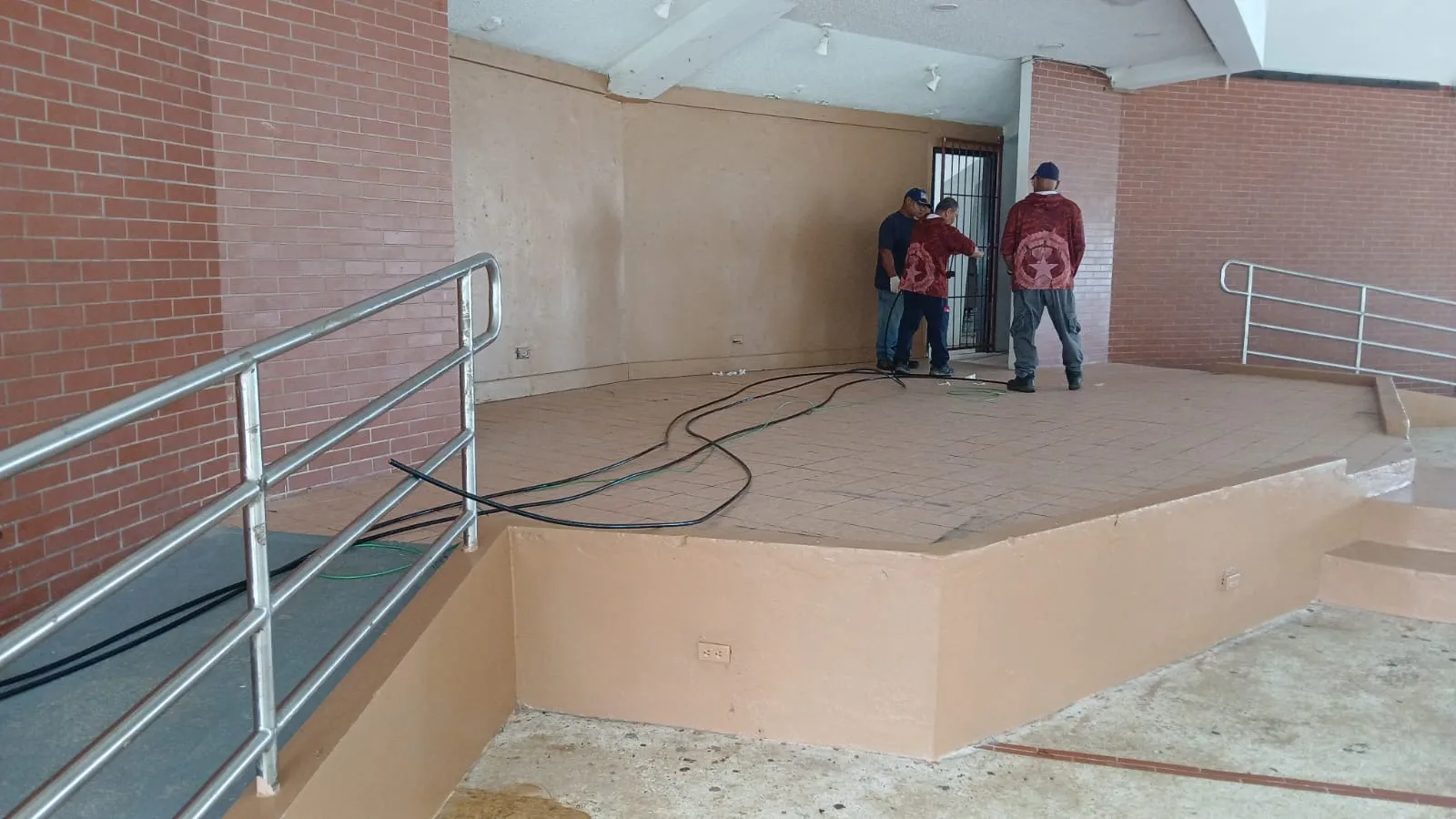
COMMONWEALTH Public Utilities Corporation consultant Dr. Marc Hellman, in a report issued last June, affirmed the commission’s regulatory power over wireless service rates in the CNMI.
Docomo Pacific has challenged CPUC’s regulatory oversight.
Recently, Docomo Pacific was granted a Certificate of Public Convenience and Necessity and designated as an Eligible Telecommunications Carrier by the CPUC.
Subsequently, CPUC received two emails from Daniel Tydingco outlining Docomo’s position regarding the commission’s regulatory authority over the company’s operations in the CNMI.
Docomo argued that the commission lacks regulatory power over wireless service rates and is restricted from treating broadband as a common carrier service.
Hellman, an economist, prepared the report in response to a request to assess Docomo’s position.
Hellman disagreed with Docomo’s interpretation, citing recent federal developments — including the U.S. Supreme Court’s 2024 reversal of the Chevron doctrine.
He stated that CPUC may have more authority over broadband services than previously assumed.
“The Chevron reversal limits federal agencies’ discretion, potentially opening the door for greater state and territorial oversight,” Hellman said.
He also addressed cable television regulation, referencing a Congressional Research Service report that supports local franchising authorities’ rights to impose franchise fees and require public, educational, and government programming.
He noted that CPUC, if acting as the franchising authority, could enforce such requirements.
Hellman recommended that the CPUC require all telecommunications and cable providers to submit detailed tariffs outlining rates, terms, conditions, and applicable fees for services offered in Saipan, Tinian, and Rota.
Under CNMI law, the CPUC has broad authority to regulate “rates, fares, fees, and charges; services and conditions of service; and all other matters related to the formation, operation, and direction of a regulated entity.”
This includes oversight of telecommunications, cable television, and potentially broadband services.
Additionally, under Section 8465, the CPUC is allowed to forbear rate regulation to facilitate competition — meaning providers can request exemptions from rate oversight, which are automatically granted if the CPUC does not act within 30 days.











